Why are your psalms numbered differently than in all "non-Orthodox" bibles?
The Orthodox Church uses the Septuagint version of the Old Testament while Roman Catholics and Protestants use the Hebrew version of the Old Testament. The Septuagint is the name given to the Greek translation of the Jewish Scriptures. The Septuagint has its origin in Alexandria, Egypt and was translated between 300-200 BC. This Greek translation was produced because many Jews living throughout the Roman Empire were beginning to lose their Hebrew language after years in captivity or simply after choosing to live outside of Palestine. The process of translating the Hebrew to Greek also gave many non-Jews a glimpse into Judaism. The term “Septuagint” means seventy in Latin, and the text is so named because it is believed that 70 Jewish scholars were commissioned to carry out the task of translating the Scriptures from Hebrew into Greek.
The Psalms in the Septuagint version of the Old Testament are numbered slightly different than they are in the Hebrew version of the Old Testament. Here is the system of numbering in both versions:
| Hebrew Psalms | Greek Psalms |
| 1 - 8 |
|
| 9 - 10 |
9 |
| 11 - 113 |
10 - 112 |
| 114 - 115 |
113 |
| 116 |
114 - 115 |
| 117 - 146 |
116 - 145 |
| 147 |
146 - 147 |
| 148 - 150 |
|
Thus, as one can see, the Hebrew version, used for example in the King James version of the Bible, has Psalms 8 and 9. The Septuagint version combines these two “Hebrew” psalms into one – Psalm 9. Again the Psalm numbering differs when the Hebrew version has Psalms 114 and 115 which the Septuagint version combines as Psalm 113. But then the Septuagint counts the “Hebrew” Psalm 116 as Psalms 114 and 115. And finally, the last numbering difference occurs when the Septuagint has the “Hebrew” Psalm 147 numbered as two psalms – 146 and 147.
The result of this difference, as can be seen by comparing the numbering systems, is that Psalm 50 according to the Septuagint version of the Old Testament is Psalm 51 according to the Hebrew version.
